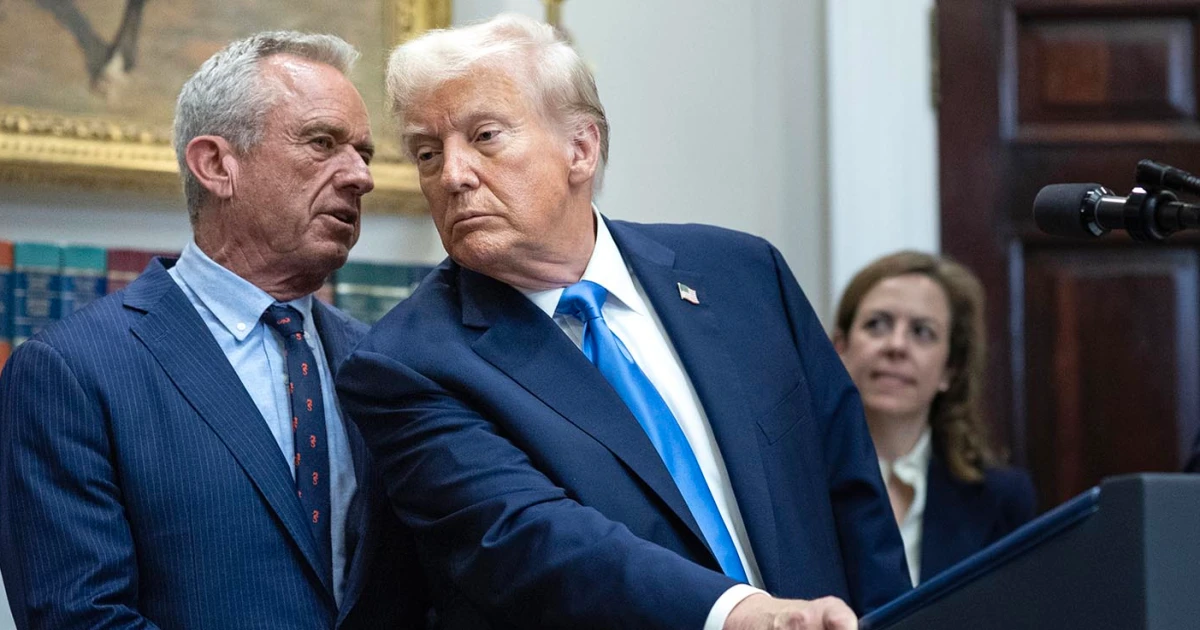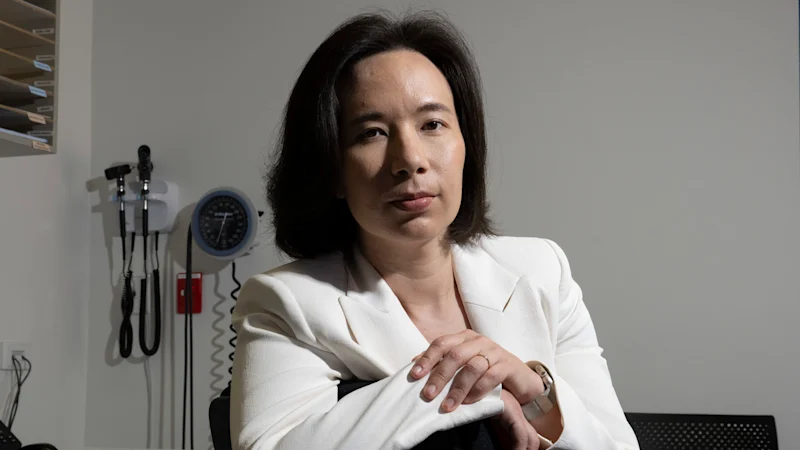
Donald Trump made a deliberate effort to hype his White House press conference on autism. Late last week, for example, the president boasted that he was poised to deliver an announcement that was “very, very big.” A day later, he added that the information he was ready to share was “so big.”
Those who tuned in to the White House announcement, however, quickly learned otherwise. As my MSNBC colleague Brandy Zadrozny explained:
In a wild and rambling speech from the White House on Monday that contradicted mainstream scientific consensus and medical guidance, President Donald Trump advised pregnant women not to take Tylenol, claiming it was linked to autism in children, and said expectant mothers should take it only if they ‘can’t tough it out’ during a high fever.
The announcement was ridiculous, even by Trump standards. Over the course of roughly an hour, the president, after recently suggesting that he and his team had uncovered important new insights into the causes of autism, peddled a series of absurdities and created a national embarrassment.
Trump said, “Don’t take Tylenol” 11 times. He suggested medical organizations might be corrupt. He suggested physicians might be corrupt. As part of a weird anti-vaccine screed, he even declared, in reference to infant vaccinations, “It’s too much liquid.”
Pretty much everything the president had to say was at odds with scientific evidence and the conclusions of those with actual qualifications — a point the Republican seemed to acknowledge over the course of the event. In fact, Trump said his conclusions were rooted in his “feelings” and his ignorance-based version of “common sense,” as opposed to those who base their findings on “studies.”
Paul Offit, a pediatrician and Children’s Hospital of Philadelphia vaccine researcher, told The Washington Post, “That was the most dangerously irresponsible press conference in the realm of public health in American history.” Arthur Caplan, the founding head of the division of medical ethics at N.Y.U. Grossman School of Medicine, told The New York Times, “The announcement on autism was the saddest display of a lack of evidence, rumors, recycling old myths, lousy advice, outright lies and dangerous advice I have ever witnessed by anyone in authority in the world claiming to know anything about science.”
Honestly, those who tuned in would’ve learned just as much about science and public health if they’d spent an hour staring at a blank wall in the dark.
But as the dust settles on this fiasco, there was one additional element to the event that lingered for me: Why on earth would anyone take medical advice from this guy?
Trump, who has literally no background in science or medicine, presented himself as some kind of authority on the subject matter, dispensing all kinds of misguided and potentially dangerous medical advice about medications and vaccinations.
But before anyone considers following the baseless recommendations of Dr. Trump — who’s about as knowledgeable as Dr. Nick from “The Simpsons” — let’s not forget recent history.
As The Associated Press noted, “The presentation recalled the early days of the coronavirus pandemic during Trump’s first term, when the president stood for daily White House briefings and tossed out grossly inaccurate claims.”
Quite right. In case anyone’s forgotten, as a deadly pandemic took a brutal toll five years ago, the sitting American president peddled quack cures, sidelined those who knew they were talking about, argued that Covid masks were bad for people — “Some people don’t like it scientifically,” he claimed — and at one point, he even touted the idea of treating Covid with bright lights inside the body and injections of disinfectant.
Trump is, in other words, arguably the last person anyone should ever turn to for medical advice, despite his eagerness to dispense it.



